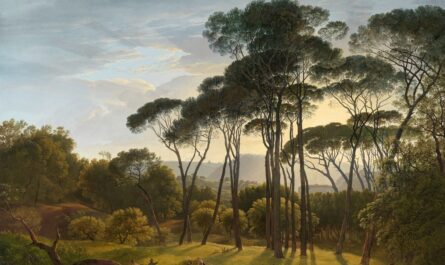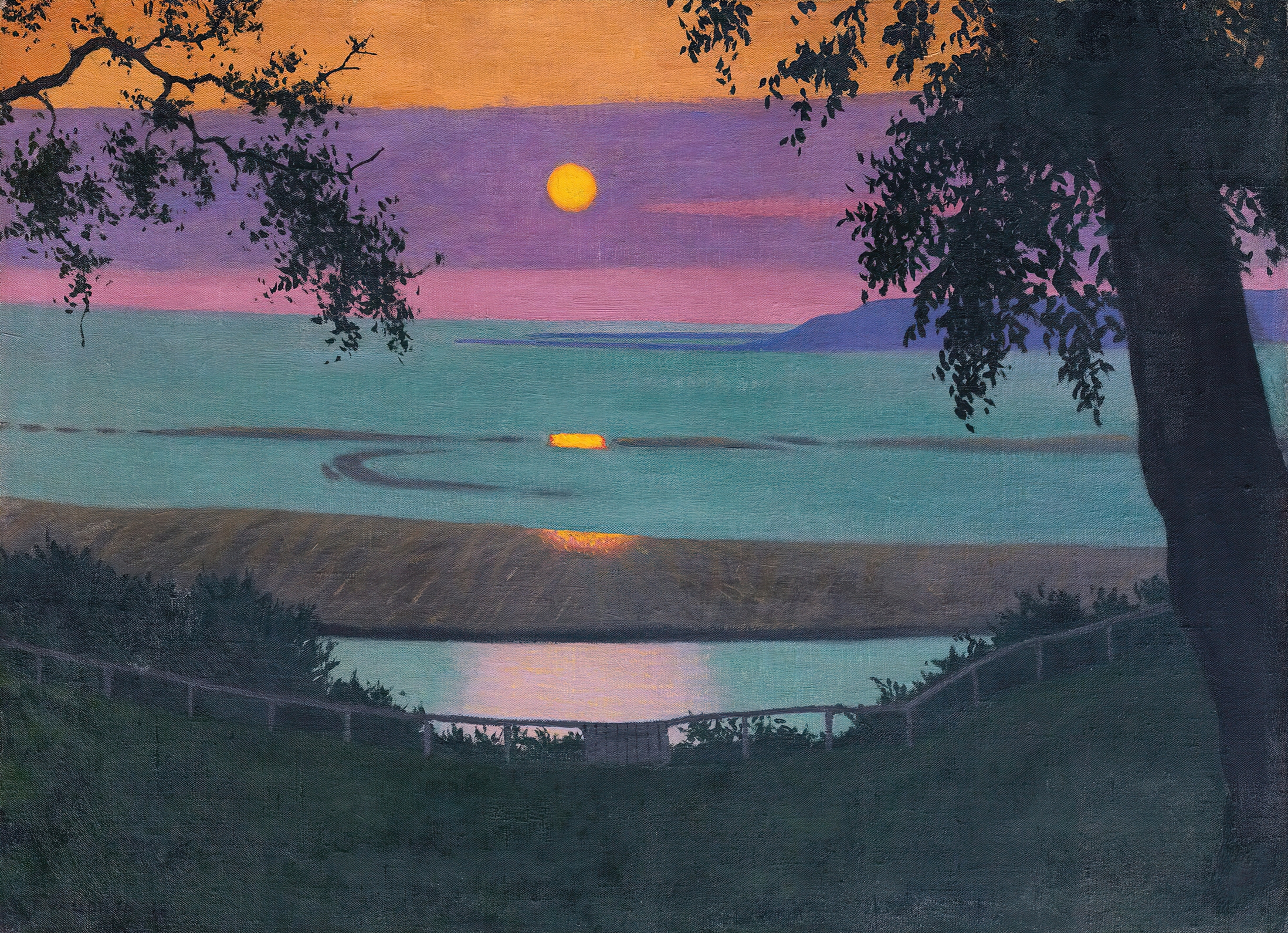This is my favorite list to compile each year, because I get to walk back through twelve months of reading to revisit ideas sparked and lessons learned. In my weekly reading, I take note of what stands out from each essay, and note what I’d like to explore further or even take down ideas and snippets from which to write an essay in response. Many of those notes are shared in my Five for Friday series. This year has been particularly exciting, because, as you’ll see, most of my reading comes from independent writers. Only three are written by “traditional” journalists, while the remainder come from mostly online, independent writers. It’s a great time to read long-form essays on the internet. As ever, this list contains no politics and no covid.
1.Are We Still Thinking?
From Simon Sarris
Sarris considers how the invention of mass communications and emergence of ideology has affected our society-wide ability to think. He focuses less on specific devices, and more on how differently knowledge travels today versus when our grandparents were in their prime (and further back). How much of our “thought” is merely repeated ideological positioning and shoring up? As we’ve moved from contemplative thinking to calculated thinking, what all have we lost? Finally, what might we do to recover our contemplative capabilities?
2.A Kingdom from Dust
From Mark Arax
In a happy accident of the internet, I stumbled upon this story while looking for a different piece, and I’m glad I did. This is investigative journalism into the rise and rule of California’s king of farming. It dives into humble beginnings, the plights of farm workers in rural California, California’s water wars, the maintenance of a multi-million dollar business without an heir apparent, and the scruples of the fantastically wealthy. I chose this piece for the end of year list because I’m surprised how often I think of it. I first read it in February, and every time I’m in the produce section of a grocery store I think about this pomegranate farmer, his high society society wife, and their questionable methods of pursuing their own financial interests.
3.Victor Frankl on Why We Should Believe in Others
From Farnam Street Blog
The book of Proverbs (18:21) says the power of life and death are in the tongue; we can certainly speak life or death to others, based on how we perceive them. As Frankl encourages us, we should choose to see each person ideally, as what they could become, and address them as that person, because in doing so we build him up into that ideal person. It’s important in our close relationships, as well as our seconds-long encounters with cashiers and people we meet on the street. Speak life and dignify the person in front of you.
4.Why You’re Christian
From David Perell
In what is an impressively detailed piece of writing, David Perell explores the foundation of Western Culture, the Judeo-Christian tradition and scriptures, and its influence on Western society stretching from Ancient Greece all the way into today’s discussions. Perell’s essay demonstrates a foundational principle of my own work: how vital an understanding of the ideas shaping and influence cultures in centuries past is to understanding current sensibilities and cultural norms. Ideas are the most powerful force on the planet, and until we understand the ways in which a particular idea impacts a smaller group of people, we can’t hope to change entire societies or social cultures. Read this piece for its literal documentation of how Scripture underpins society, but also look for the ways in which very old ideas shape our modern activities.
I also have to mention Perell’s “After Minimalism” which was another influential piece from 2021, and to which I wrote in response here.
5.Decadance and the Intellectuals
From Ross Douthat
This piece is partly a response to Tanner Greer’s “Where Have All the Great Works Gone”, which is also linked and quoted within Douthat’s piece, and should also be read. The conversation is probing; why are Americans, apparently, less likely to produce a Great American Novel in the twenty-first century than the eighteenth? Who would make your list of today’s Great Minds and why? Is there a Tolstoy among us? Is it even possible to have a novel so widely read today that it influences national culture? Have the would-be readers all been lured away from reading to watching prestige television? Like many great essays, it asks more questions than it answers.
Also be sure to see Douthat’s follow-up piece, which is here.
6.Mundia and Modia
From David Boxenhorn via Brian of London
This duality reminds me of the difference, for many belief systems, between the spiritual and the physical. Both are real, both influence one another, and both have their own rules for navigation. Here, the duality is physical versus social relationships. We tend to engage one perspective more than the others, and this affects our interactions with and perspective of the world around us. We choose to prioritize either the natural or the social landscape, and proceed from there. The complications arise when you try to use social solutions for physical problems or vice versa.
7.How Parking Destroys Cities
By Michael Manville
There are many shocking figures in this essay, but the most surprising might just be how little of a building budget goes toward the actual structure and how much goes toward the parking accompanying the building. Of course, price is just one aspect of this discussion. Parking lots remove precious green space; put pedestrians in more frequent contact with traffic; drive up housing costs; make streets, downtowns, and neighborhoods less appealing to shoppers and buyers, thus killing the potential for business and growth. Ultimately, this piece draws attention to the fact Americans have all but regulated out of existence the beautiful, walkable traditional cities we travel to Europe to experience.
8.Petrarch on Living through a Plague
By Paula Findlen
As Petrarch makes his way through the deadliest plague in history, he finds writing a solace. His reflections on what life means after so much death are inspiring and probing. We journey through time and Europe, Findlen lines up his writings with his travels, giving us additional insight into where he was and the news he might have just received before sitting down to commit his thoughts to paper. My greatest takeaway was seeing how beloved writing became to another writer in a distant and distanced time.
9.How to Think
By Charles King
Written by Georgetown professor Charles King to incoming students, this essay is an introduction to what education, and therefore, thinking actually means. King emphasizes how to evaluate claims and arguments, especially those in the abstract future and more difficult to quantify and reminds his readers that learning is not primarily concerned with acquired lists of names, events, and formulas. Rather, to think means to listen, consider, evaluate and arrive at conclusions about arguments.
10.The Magnificent Bribe
by Zachary Loeb
This essay was both profound and beautifully written. Loeb asks us to consider the trade-offs between always-connectedness and our personal well-being, namely that the gadget of a thousand promises is also the very thing causing our current dysfunction. He highlights Lewis Mumford’s prediction of both the Internet and its fallout. What a beautiful pairing of subject and medium; possibly my most favorite of the year.
Also Worth Your Time:
Pope John Paul II’s Letter to Artists
This letter is a perennial wellspring of reflection on the nature of beauty and the responsibility in conveying the weight, mystery, and wonder of beauty. Obviously this essay is religious in nature, but I don’t think one has to be to understand what His Holiness is speaking to. Here, he balances theology well with the daily work and question of all creative people: “How can I transform an unspeakable concept into a tangible piece worthy of the inspiration which sparked it?” Tracing the history of the arts from the beginning of civilization through the Middle Ages and into modernity, Pope John Paul II paints the need all persons, religious or not, have for art and beauty.
Dror Poleg’s Remote Worship
In recent years, Poleg has shared keen insights on the future of remote work. Here he draws an interesting parallel between the destruction of the Jewish temple 2000 years ago and the affects of working from home hastened by the pandemic. The destruction of the temple decentralized Judaism; forced Jewish families to become literate and self-sufficient; and prompted the building of strong social networks instead of relying on location and proximity as was previously the case. Over the past year, the pandemic has similarly shifted work from a location-based occupation to a text-based operation.




